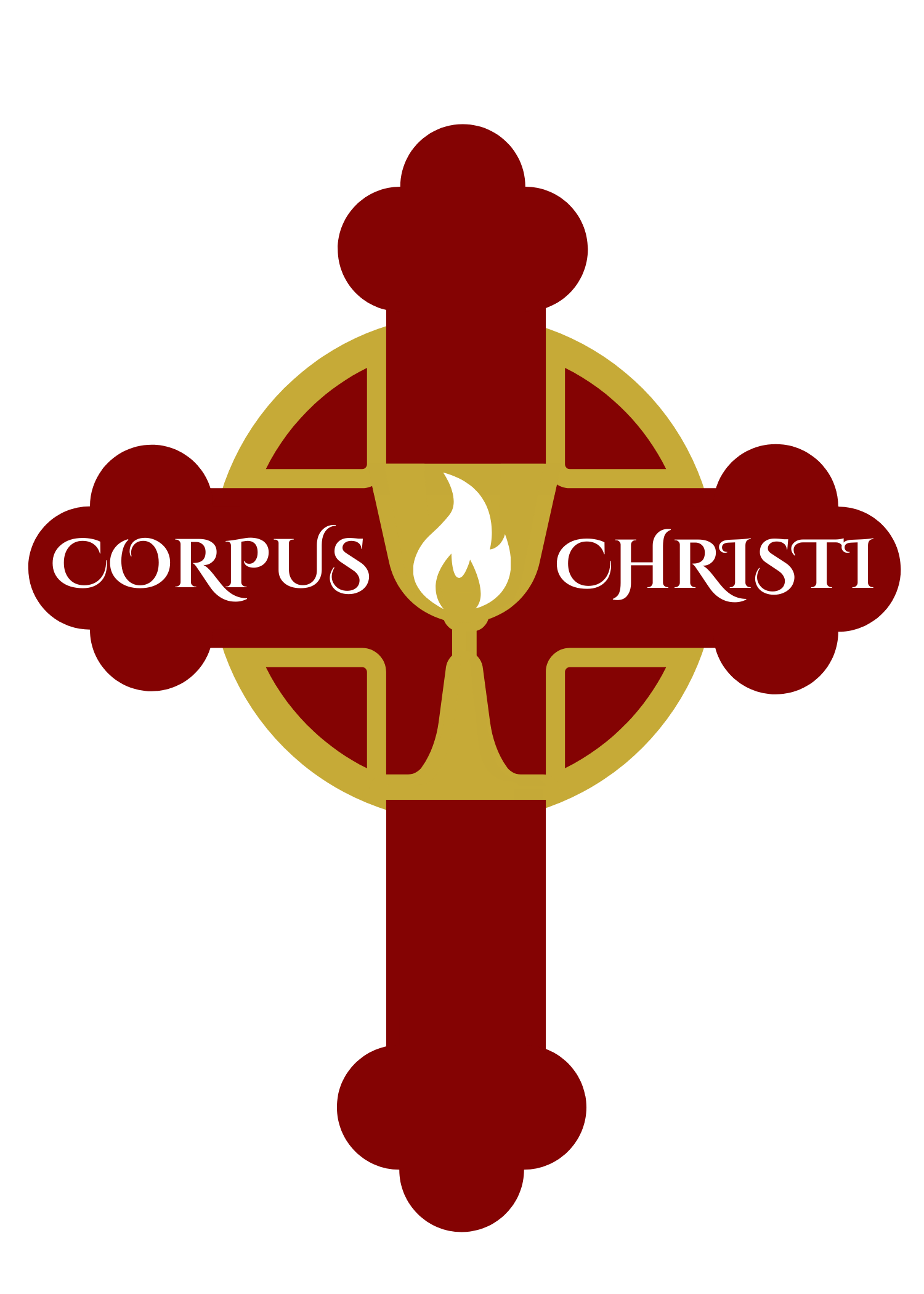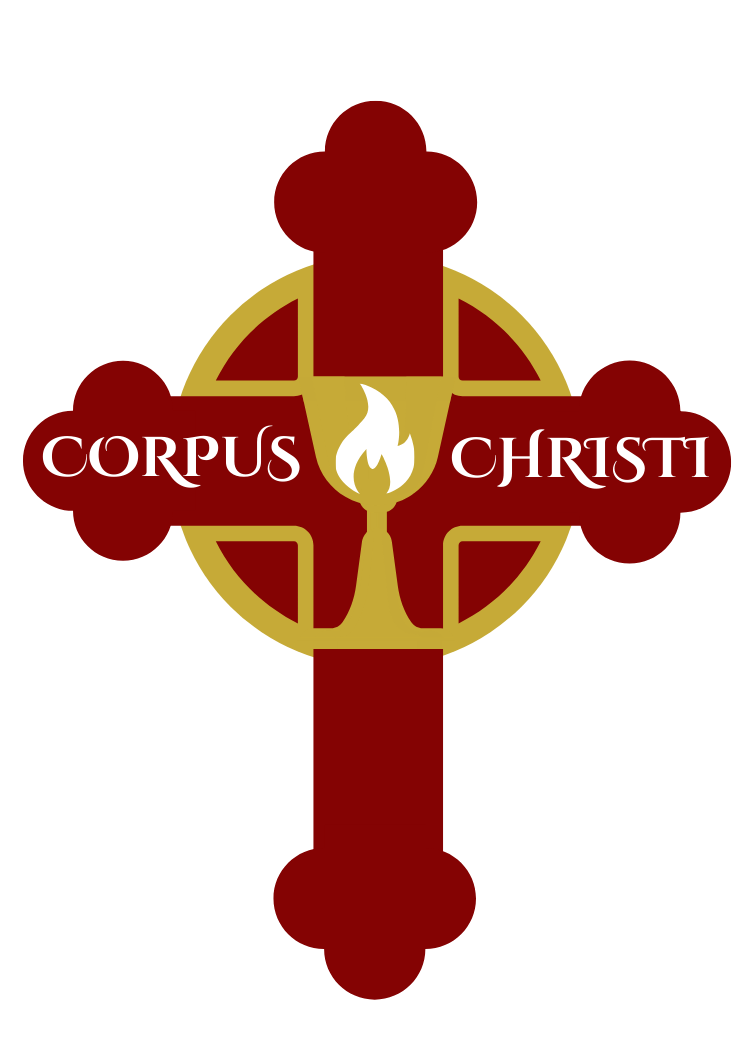
THE EUCHARIST
Weekend Masses
Weekday Masses
"There is nothing so great as the Eucharist. If God had something more precious, He would have given it to us."
-St. John Vianney
Are you a baptized Catholic who hasn’t received First Communion?
For Children:
Sacramental preparation and religious formation are necessary for children to receive the Sacrament of Holy Eucharist, a sacrament of initiation. A two year preparation period is required in the Diocese of Harrisburg. First Holy Communion is traditionally celebrated in the second grade.
However, Sacramental Preparation classes for children, above the second grade, may be held on Sunday morning from 11:15 am.m - 12:15 p.m. and would follow the Religious Education calendar.
First Communion is generally celebrated the last weekend of April and/or the first weekend of May.
Please contact Deacon Richard Ramsey, the Director of Religious Education, to begin preparation..
For Adults:
First Communion is received after preparation in our RCIA program, before a participant is received into full communion with the Catholic Church.
Please visit our RCIA page or contact Deacon Richard Ramsey.


